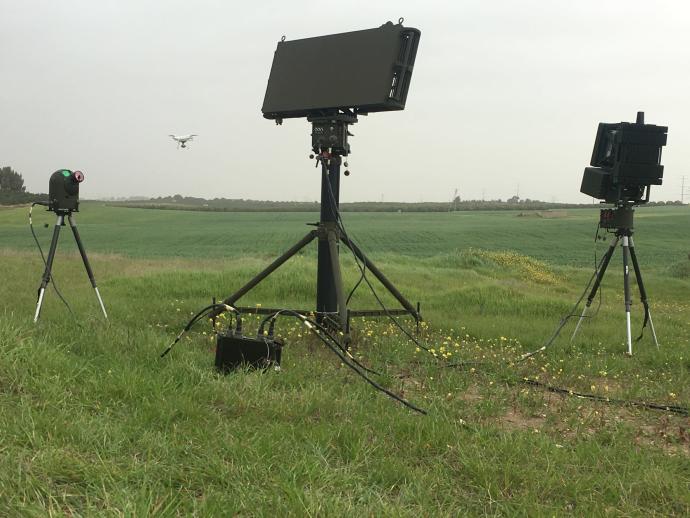The safety of Israeli aircraft in both the civilian and military industries has major deficiencies, State Comptroller Matanyahu Englman said in a report on Wednesday.
According to Englman, since 2014, Israel’s aircraft safety standards have dropped substantially in relative comparison to other countries.
Back in 2014, Israel’s aircraft industry was rated 21st internationally in safety. As of this past July, Israel has dropped to 52nd.
In the report covering March 2021 to March 2022, Englman found that part of the drop in Israel’s rating is that its aircraft and airport industry continues to use outdated and aging equipment that most other advanced countries view as no longer being as reliable.
One example is the Automated Radar Terminal System, which is so outdated that it cannot even be properly or efficiently updated.

IDF holds lower standards for military aircraft
The comptroller found that safety issues for military aircraft are even worse, partially because military standards are allowed to be lower than civilian aircraft standards.
In late 2021, there were 11 incidents where the IDF’s radar had aircraft disappear from its system due to technological errors.
To date, this has meant the IDF has sought ways to legalize its lower standards to continue to use older equipment and bases to avoid the cost of having to replace these items.
All of this occurs as the global industry in general has encountered more deadly incidents, hitting 119 incidents in 2019 after a prior five-year annual average of 92 incidents per year.
Besides the old equipment safety issue, Englman said that it is highly problematic that Israel has only one major functioning international airport, Ben-Gurion.
Having only one global airport means that if anything shuts down Ben Gurion, whether a nefarious terror attack or a more run-of-the-mill accidental error, the country could effectively be cut off from much of the world, said the report.
In addition, the comptroller said that the one international airport means that Ben-Gurion is more likely to be overloaded with flights.
Simply having a constant situation of being overloaded with flights in and of itself increases the likelihood of a variety of errors and dangers, according to Englman.
On top of safety, the report said that having only one global airport can lead to more flight delays and more delays in letting arriving plans land, which in turn can lead to higher prices than necessary for flights.
In fact, the report said that the government identified this problem in 2011 and has discussed it seriously again in 2014, 2017 and 2021, but has not moved decisively to solve the issue.
Aircraft industry cyber arena
In the aircraft industry cyber arena, aspects of the industry are not considered “critical infrastructure,” which the report said would mean that these aspects would not have clear cyberdefense standards.
As in other industries, Englman said that the aircraft industry’s cyberdefense is only as strong as its weakest link – meaning it is currently highly vulnerable, even if some aspects of the industry are well-protected.
The comptroller also issued a series of other economic and transportation related reports on Wednesday, including relating to the natural gas industry, the light rail industry and relating to drinking water safety issues.
